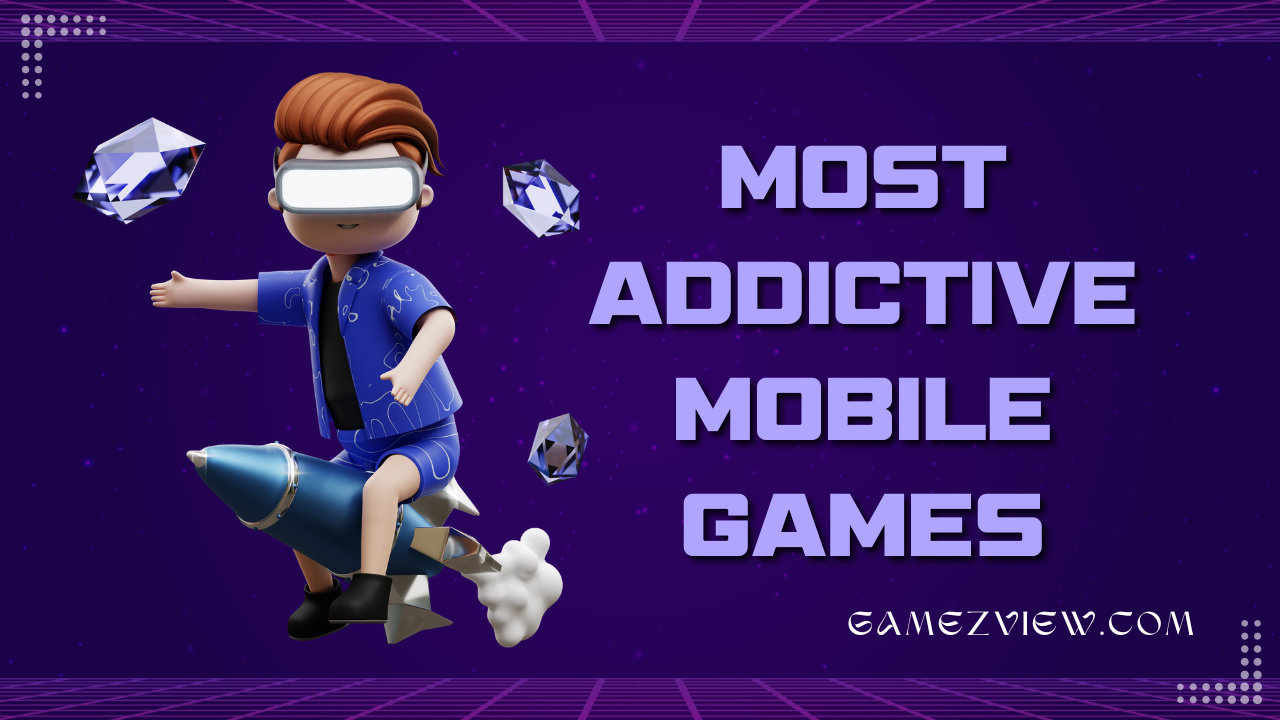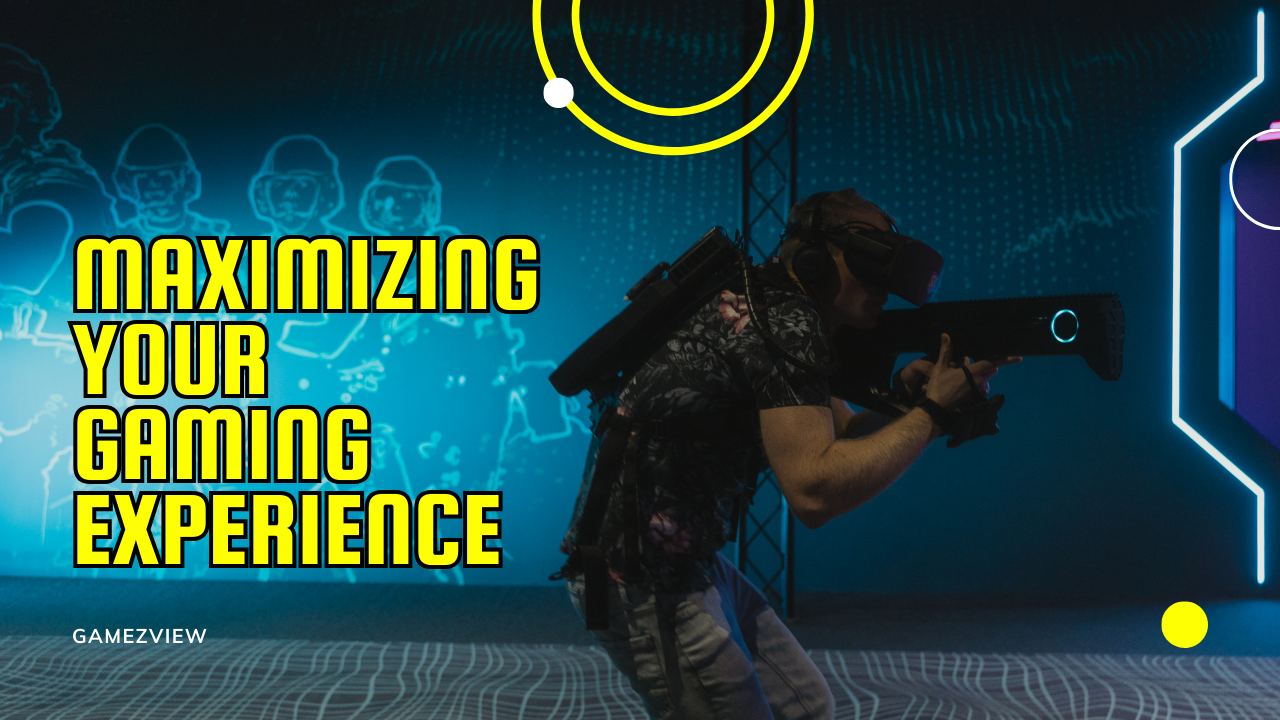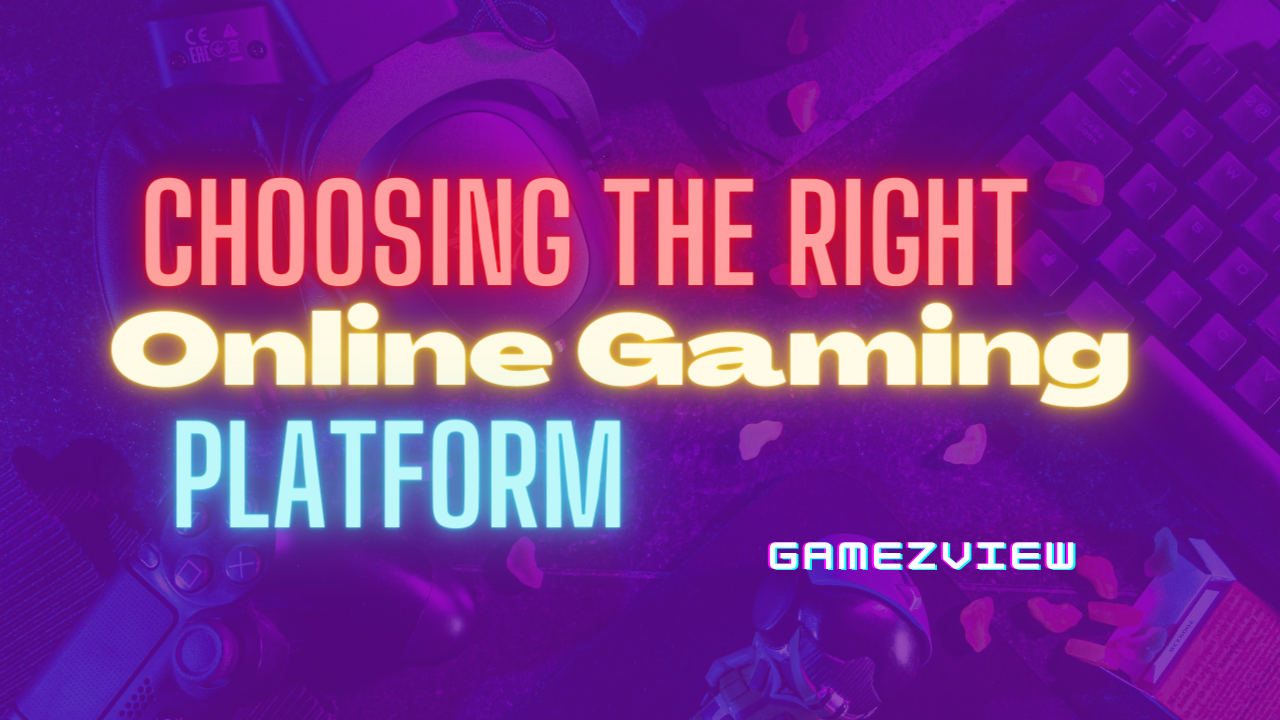In the fast-paced world of mobile gaming, certain titles have a unique ability to captivate players for hours on end, keeping them glued to their screens with addictive gameplay mechanics and compelling progression systems. This article explores the most addictive mobile games, delving into what makes them so irresistible and the impact they have on players’ lives.
Unveiling the Addiction
Addictive mobile games tap into fundamental psychological principles and gameplay elements that keep players coming back for more, fostering a sense of engagement, challenge, and reward that hooks players from the very first tap.
Understanding the Appeal
The appeal of addictive mobile games lies in their ability to provide quick bursts of entertainment, satisfying gameplay loops, and social connectivity, making them ideal companions for busy lifestyles and on-the-go gaming.
Types and Categories
Addictive mobile games come in various forms and genres, each leveraging different gameplay mechanics and progression systems to keep players hooked. Here are some categories where these games excel:
Casual Puzzle Games
Casual puzzle games offer simple yet addictive gameplay mechanics, challenging players to solve increasingly complex puzzles or match patterns to progress and achieve high scores.
Endless Runners and Arcade Games
Endless runners and arcade games provide fast-paced, reflex-driven gameplay experiences, tasking players with navigating obstacles, collecting rewards, and competing for high scores in endless, procedurally generated levels.
Simulation and Management Games
Simulation and management games simulate real-world scenarios, allowing players to build, customize, and manage virtual worlds, businesses, or civilizations, with addictive progression systems that incentivize continuous play.
Multiplayer Competitions
Multiplayer competitions pit players against each other in real-time battles or challenges, fostering a sense of competition, social interaction, and camaraderie as players strive to outperform their peers and climb leaderboards.
Symptoms and Signs
Identifying addictive mobile games involves recognizing the symptoms and signs that indicate their addictive nature and hold over players:
Compulsive Gameplay
Addictive mobile games often trigger compulsive gameplay behaviour, leading players to spend excessive amounts of time and effort on repetitive tasks or activities within the game.
Reward Systems
Effective reward systems provide players with a constant stream of gratification and positive reinforcement, encouraging them to continue playing and striving for incremental progress and achievements.
Social Connectivity
Mobile games with social features and multiplayer components foster a sense of community and belonging among players, encouraging social interactions, collaborations, and friendly competitions that enhance the addictive appeal of the game.
Psychological Triggers
Addictive mobile games leverage psychological triggers such as anticipation, curiosity, and the fear of missing out (FOMO) to keep players engaged and motivated to return to the game regularly.
Causes and Risk Factors
While addictive mobile games offer many benefits, there are also potential causes and risk factors to consider:
Accessibility and Convenience
The accessibility and convenience of mobile gaming make it easy for players to access addictive games anytime, anywhere, leading to increased exposure and potential for compulsive gameplay.
In-App Purchases
In-app purchases and microtransactions within addictive mobile games can incentivize spending and create a cycle of dependency, as players seek to unlock content, progress faster, or gain competitive advantages through monetary investments.
Social Pressure
Social pressure from friends, peers, or online communities can contribute to the addictive nature of mobile games, as players feel compelled to keep up with others, maintain social connections, or achieve status within the gaming community.
Skinner Box Mechanics
Skinner box mechanics, such as random rewards, time-limited events, and variable reinforcement schedules, exploit psychological vulnerabilities and addictive tendencies, increasing player engagement and retention.
Diagnosis and Tests
Diagnosing addictive mobile games involves evaluating various factors that contribute to their addictive nature and impact on players’ lives:
Player Engagement Metrics
Analyzing player engagement metrics, such as session length, retention rate, and frequency of gameplay sessions, provides insights into the addictive potential and longevity of a mobile game.
Behavioural Patterns
Monitoring players’ behavioural patterns, such as compulsive gameplay, spending habits, and social interactions within the game, helps identify signs of addiction and problematic gaming behaviour.
Psychological Assessments
Conducting psychological assessments and surveys can help gauge players’ motivations, attitudes, and emotional responses towards addictive mobile games, shedding light on underlying psychological factors and risk factors for addiction.
Clinical Interviews
Clinical interviews with players who exhibit signs of addictive gaming behaviour can provide valuable insights into their experiences, motivations, and challenges related to mobile game addiction, informing intervention and treatment strategies.
Treatment Options
Addressing mobile game addiction involves various strategies to help players regain control of their gaming habits and maintain a healthy balance:
Setting Boundaries
Establishing clear boundaries and limitations for gaming, such as time limits, designated play sessions, and scheduled breaks, helps prevent excessive gameplay and promotes responsible gaming habits.
Seeking Support
Seeking support from friends, family, or mental health professionals can provide encouragement, guidance, and accountability for players struggling with addictive mobile game behaviour, fostering a supportive environment for recovery and change.
Engaging in Alternative Activities
Encouraging participation in alternative activities and hobbies beyond gaming, such as exercise, hobbies, socializing, and creative pursuits, helps distract players from compulsive gaming habits and promotes overall well-being and fulfilment.
Utilizing Digital Wellness Tools
Utilizing digital wellness tools and features built into mobile devices and gaming platforms, such as screen time trackers, app usage monitors, and parental controls, helps players monitor and manage their gaming habits more effectively.
Preventive Measures
To prevent mobile game addiction and promote responsible gaming habits, consider the following preventive measures:
Educating Players
Educating players about the potential risks and consequences of mobile game addiction, as well as strategies for maintaining a healthy balance between gaming and other activities, empowers them to make informed decisions and practice self-regulation.
Promoting Positive Gaming Communities
Promoting positive gaming communities and fostering supportive environments within mobile games, forums, and social media platforms encourages healthy social interactions, camaraderie, and mutual support among players.
Implementing Responsible Design Practices
Implementing responsible design practices, such as transparent monetization models, ethical game mechanics, and player-friendly features, helps mitigate the risk of addiction and promotes a more balanced and enjoyable gaming experience.
Advocating for Regulatory Measures
Advocating for regulatory measures and industry standards to address mobile game addiction, protect vulnerable players, and promote responsible gaming practices helps create a safer and more inclusive gaming environment for players of all ages.
Personal Stories or Case Studies
Real-life stories and experiences from players and developers shed light on the impact and consequences of mobile game addiction:
Sam’s Struggle: Overcoming Mobile Game Addiction
Sam shares his journey of overcoming mobile game addiction, discussing the challenges he faced, the strategies he employed to regain control of his gaming habits, and the positive changes he experienced as a result.
Emma’s Perspective: Finding Balance in Gaming
Emma, a game developer, reflects on her experiences creating addictive mobile games and the importance of designing games responsibly to promote player well-being and prevent addiction.
Jason’s Recovery: A New Lease on Life
Jason, a recovering mobile game addict, shares his story of seeking help and support, overcoming his addiction, and rediscovering joy and fulfilment in life beyond gaming.
Expert Insights
Experts in the fields of psychology, game design, and addiction offer insights into the complexities of mobile game addiction and strategies for prevention and intervention:
Dr. Lisa Johnson, Psychologist
“Mobile game addiction is a multifaceted issue that requires a comprehensive approach to prevention and treatment, involving education, support, and collaboration between players, developers, and mental health professionals.”
Professor David Lee, Game Designer
“As game designers, we have a responsibility to create games that entertain, engage, and inspire players while also prioritizing their well-being and promoting responsible gaming habits through thoughtful design choices and ethical practices.”
Mobile games with addictive gameplay mechanics have the power to captivate and engage players for hours on end, providing immersive experiences that transcend the boundaries of traditional gaming. By understanding the factors that contribute to addiction, promoting responsible gaming practices, and fostering supportive communities, players and developers can work together to create a healthier and more balanced gaming landscape for everyone.



